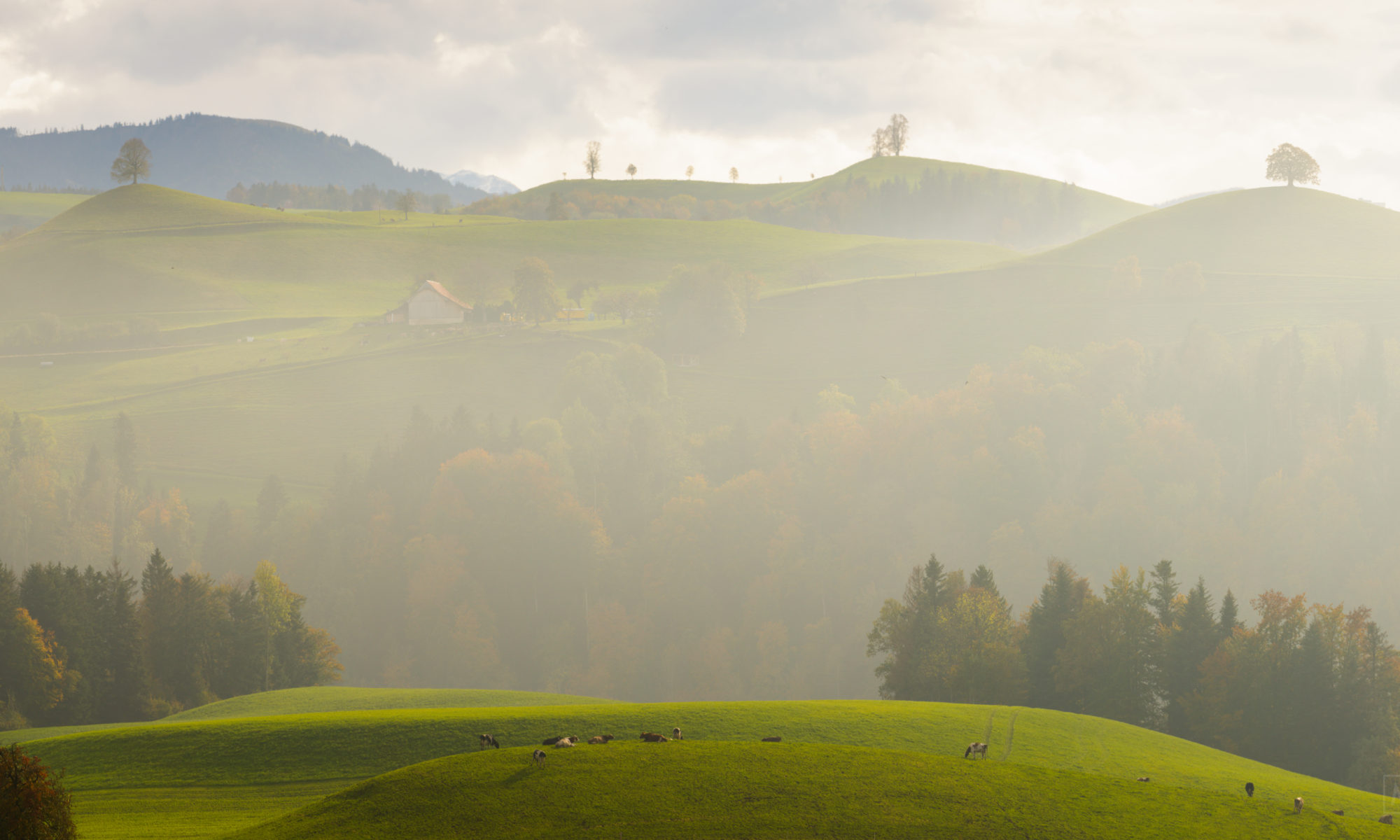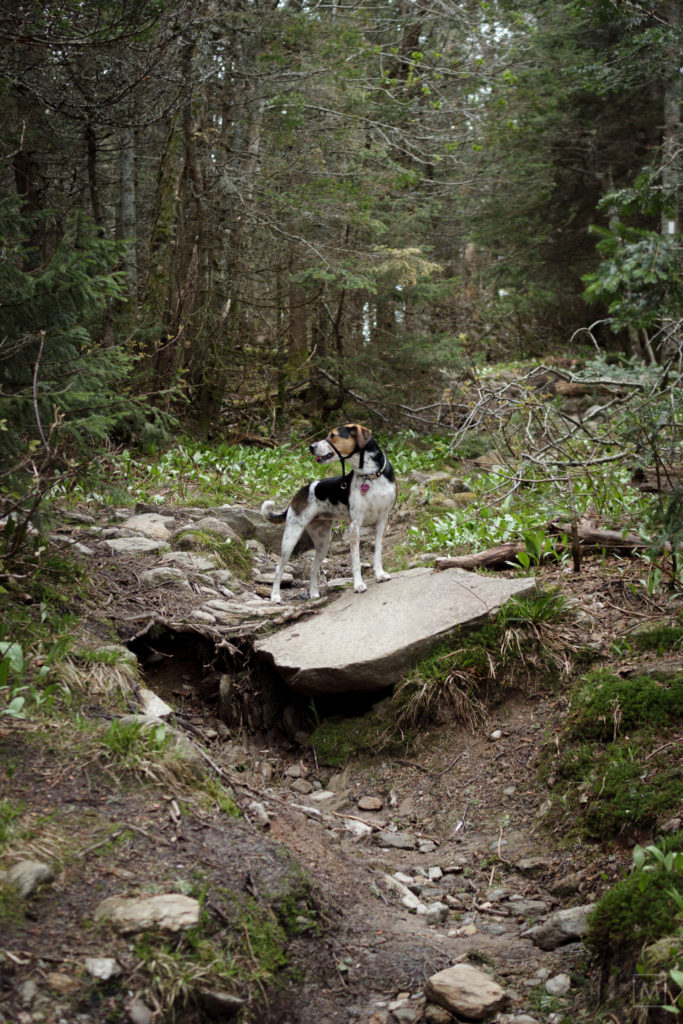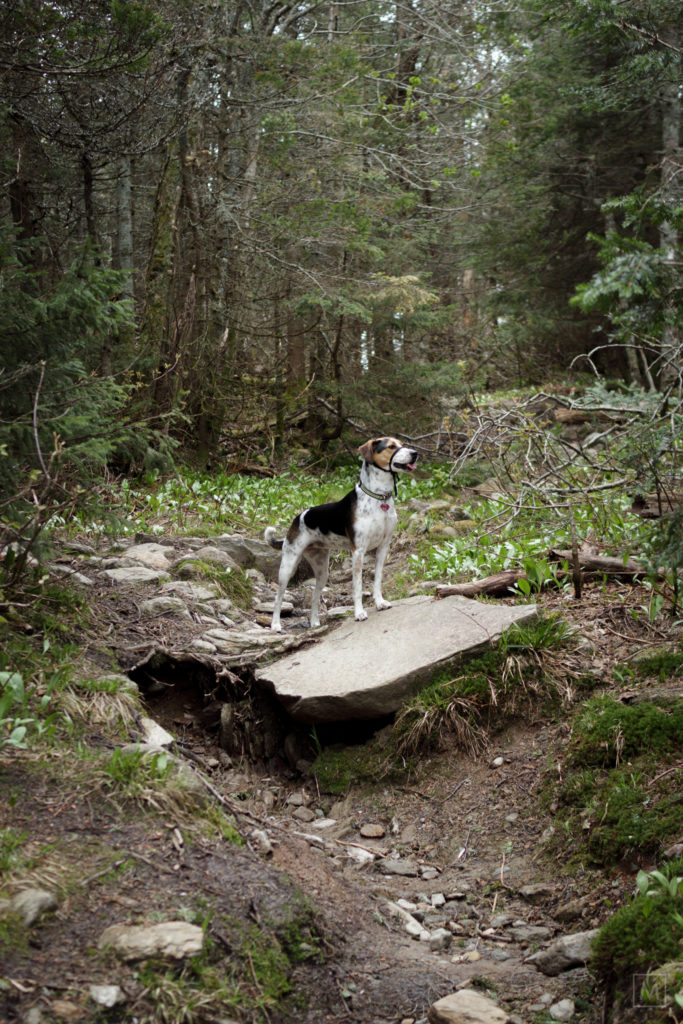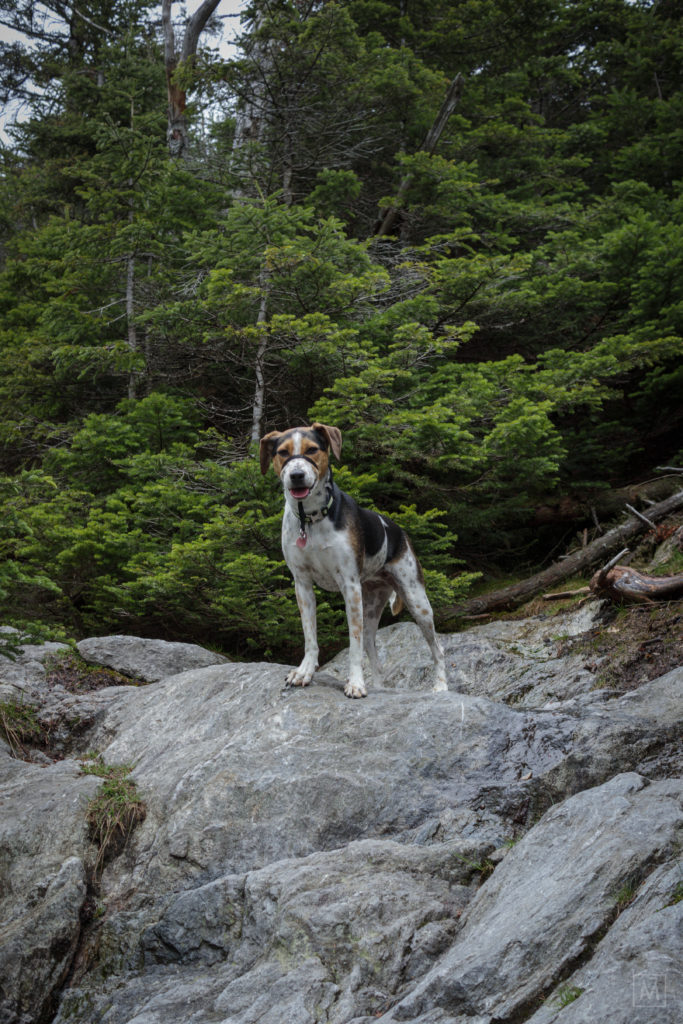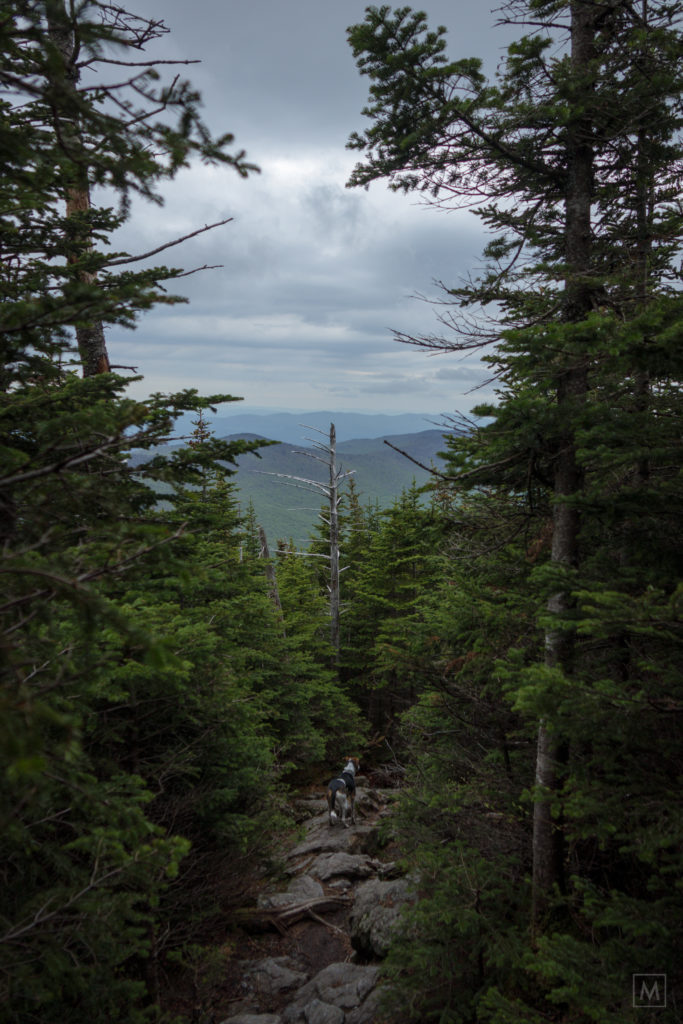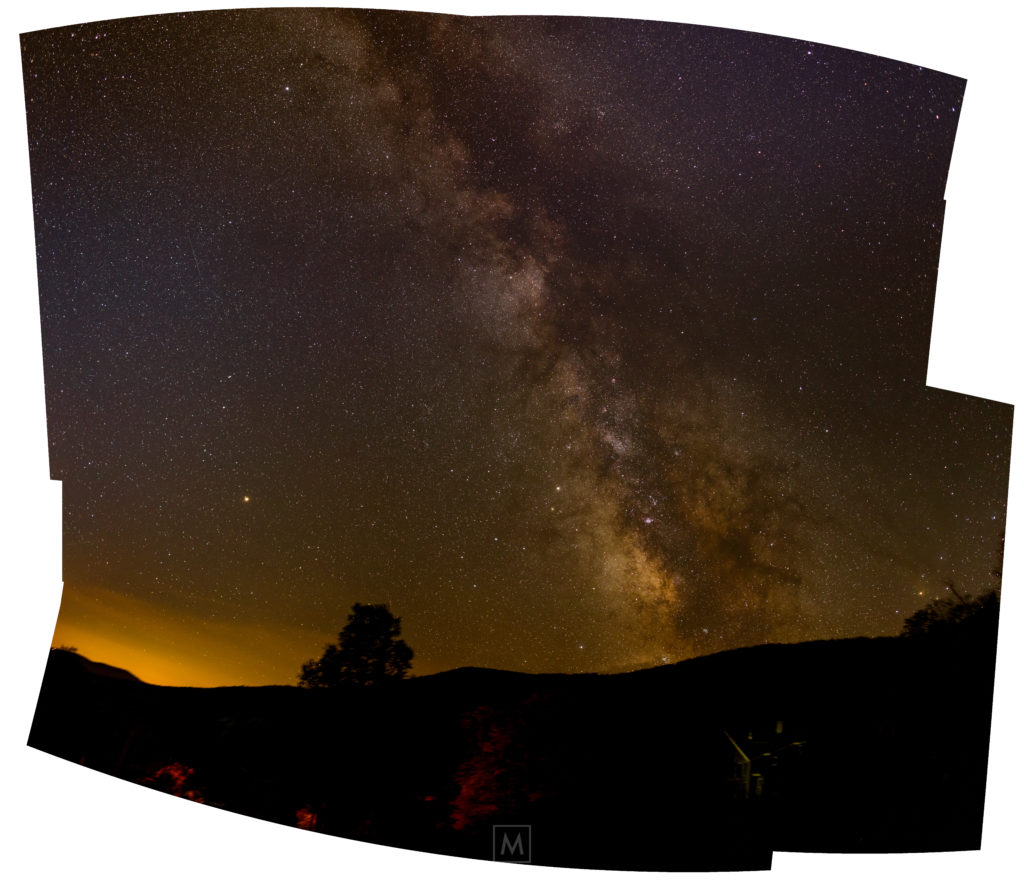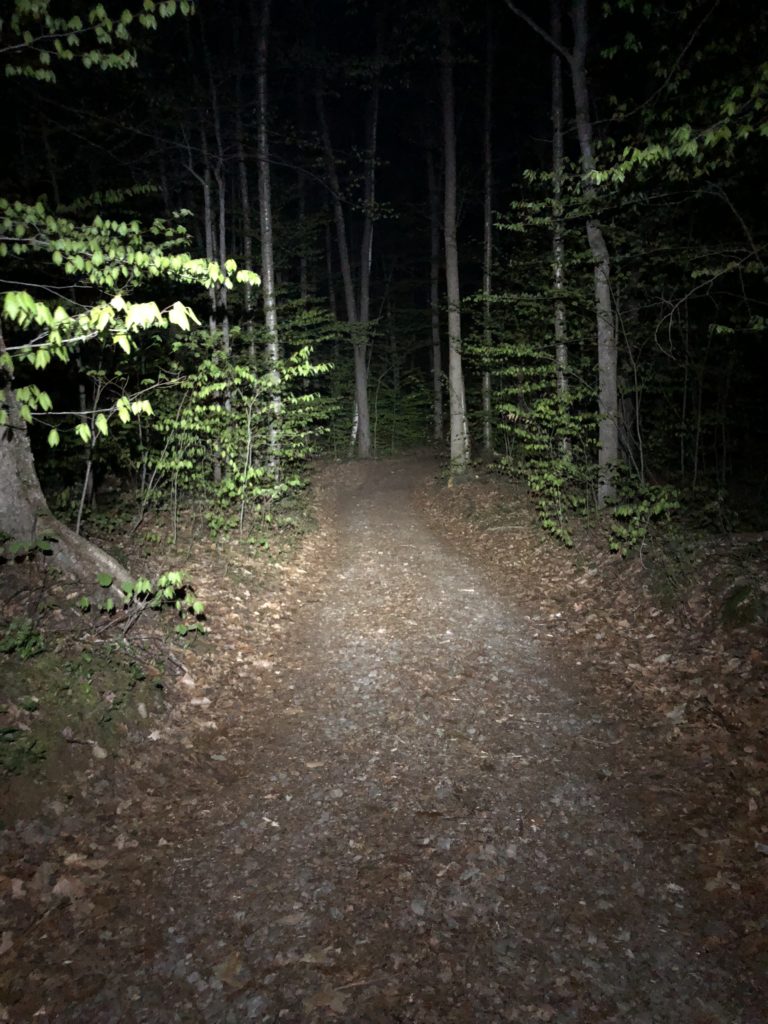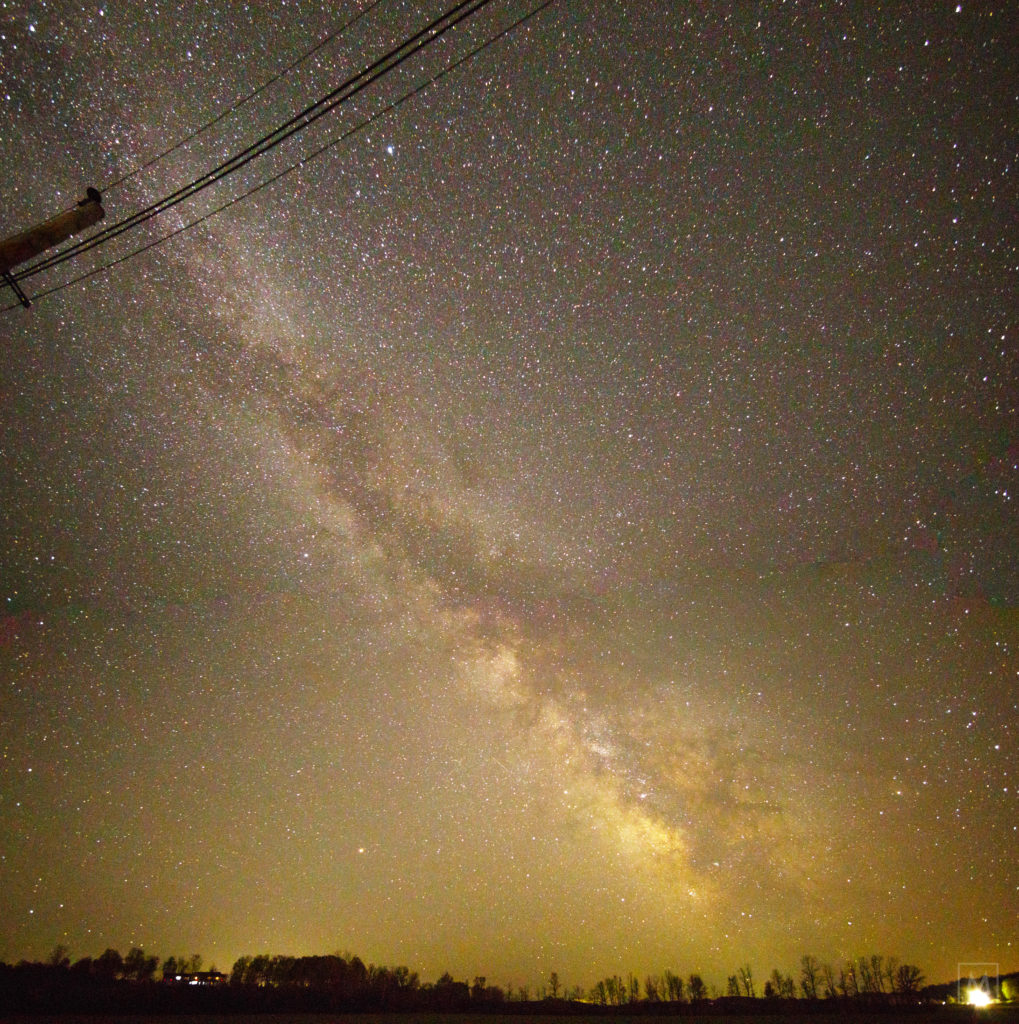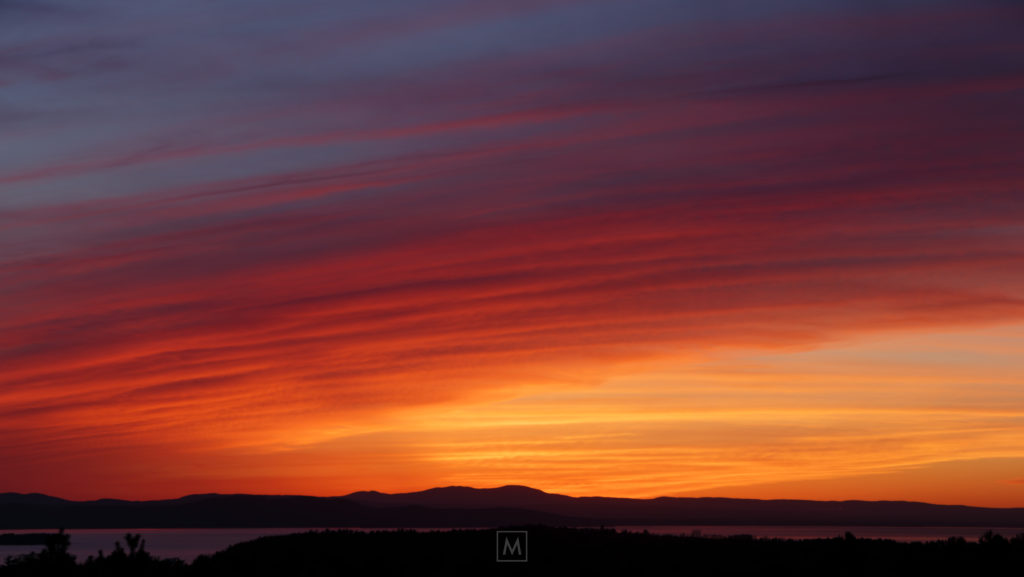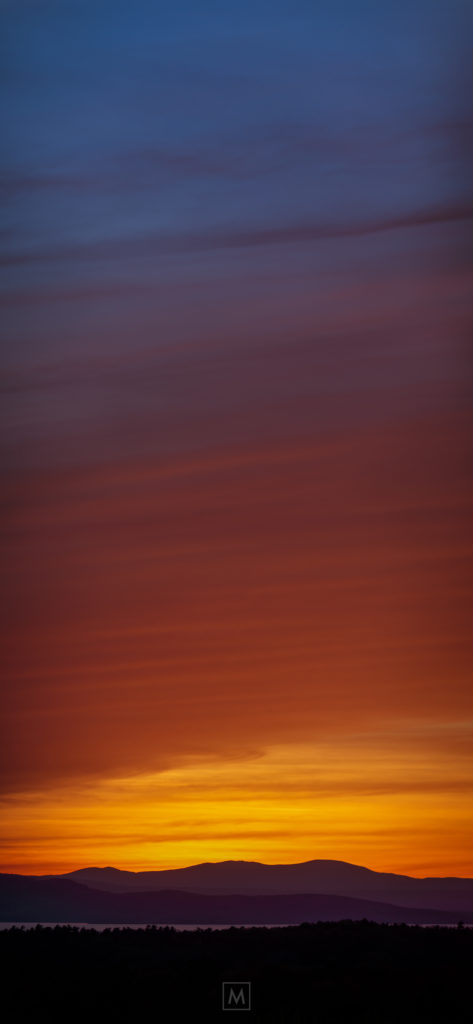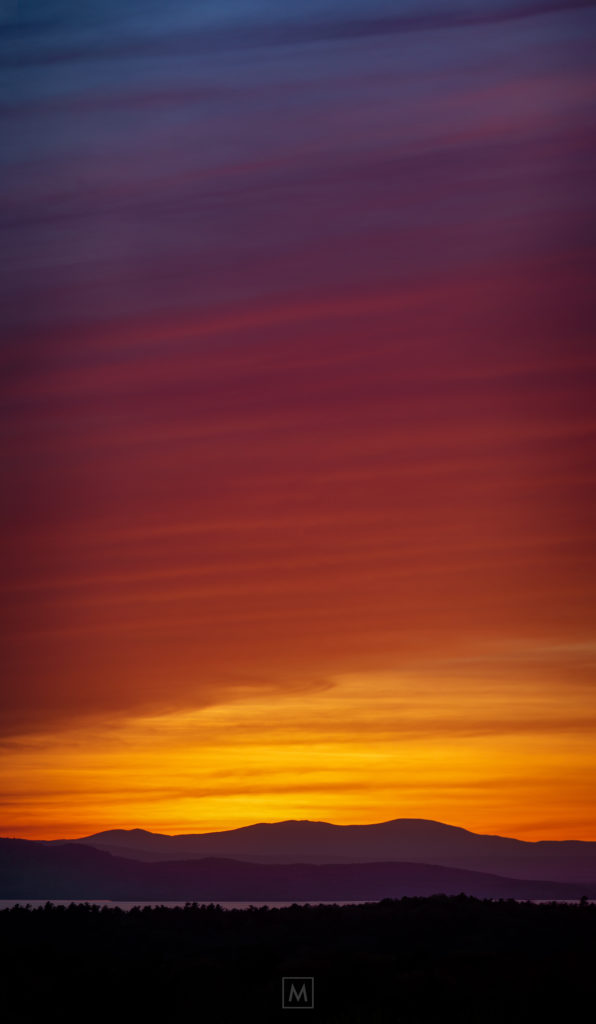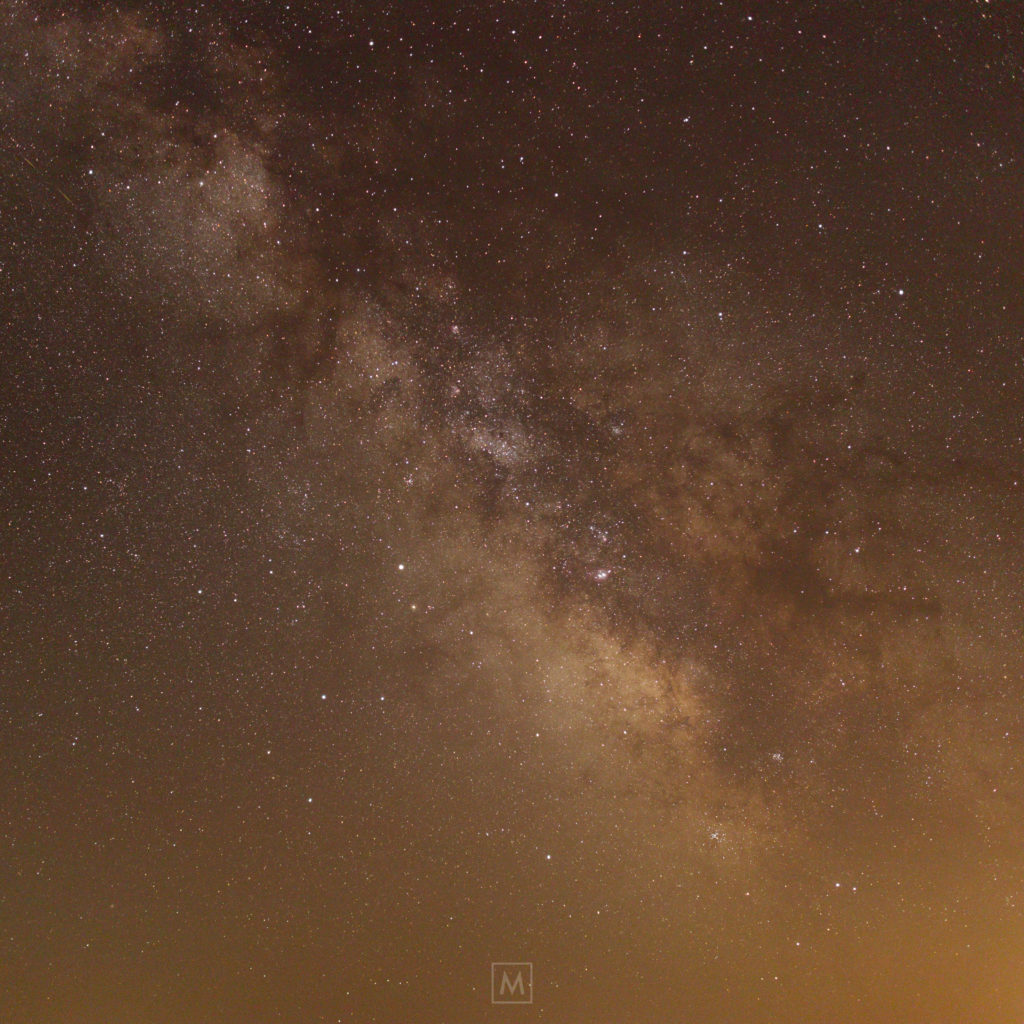The very photogenic pup, hiking at Jay Peak
Jay Peak
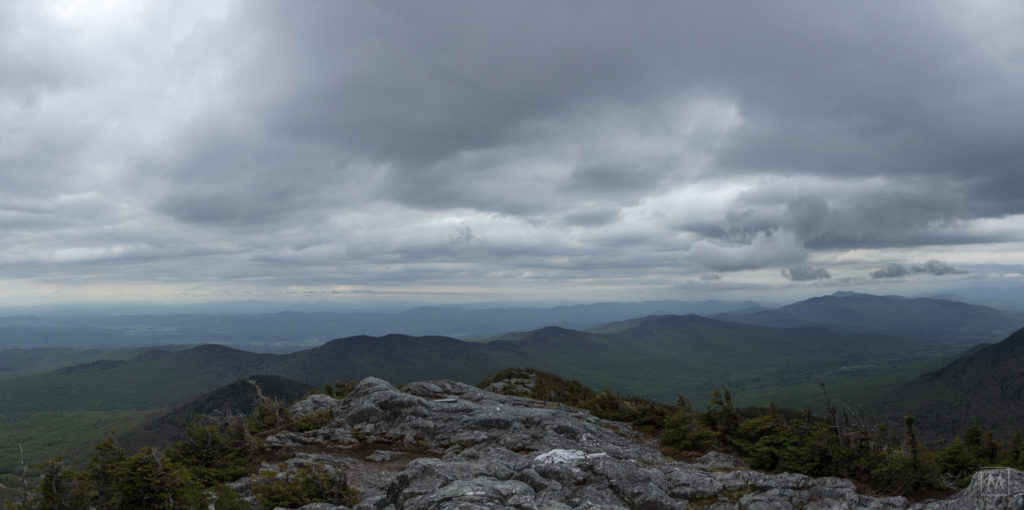
Hiked Jay Peak with the pup last weekend. First peak of the season, a little wet, but nothing some rock hopping and wet socks couldn’t overcome. Very very windy up top – and thankfully the side door to the Tram building was open – we warmed up, snacked and I added layers before climbing the stairs to the summit.
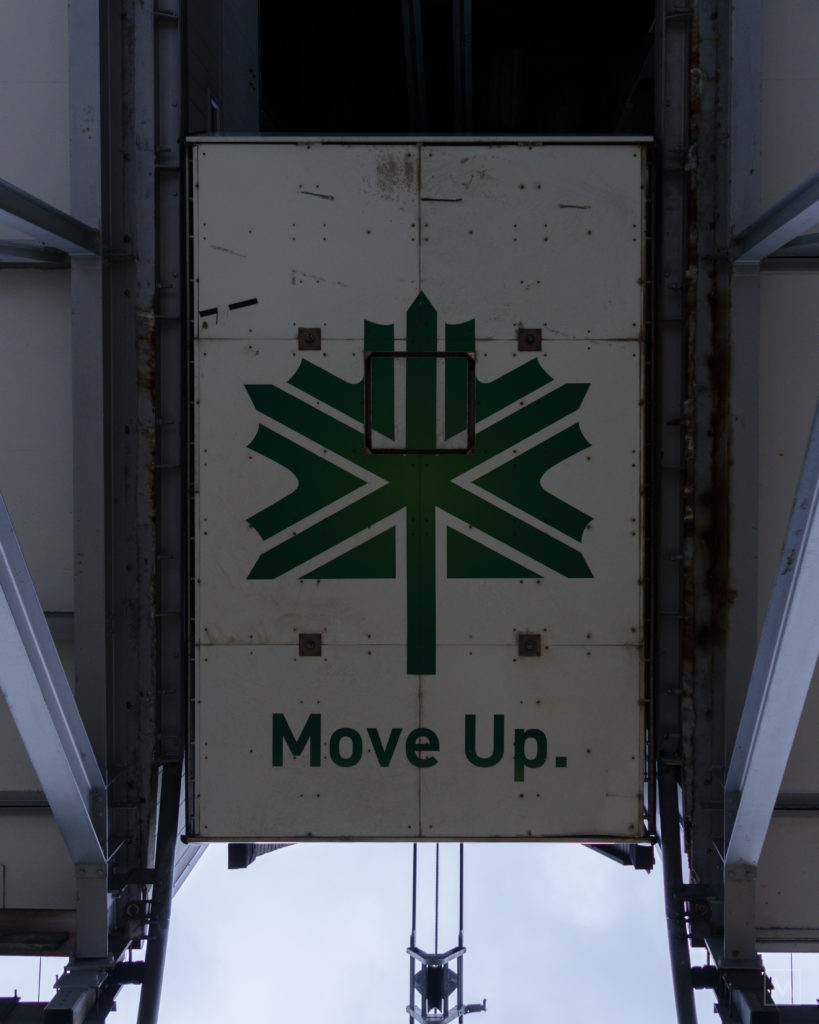
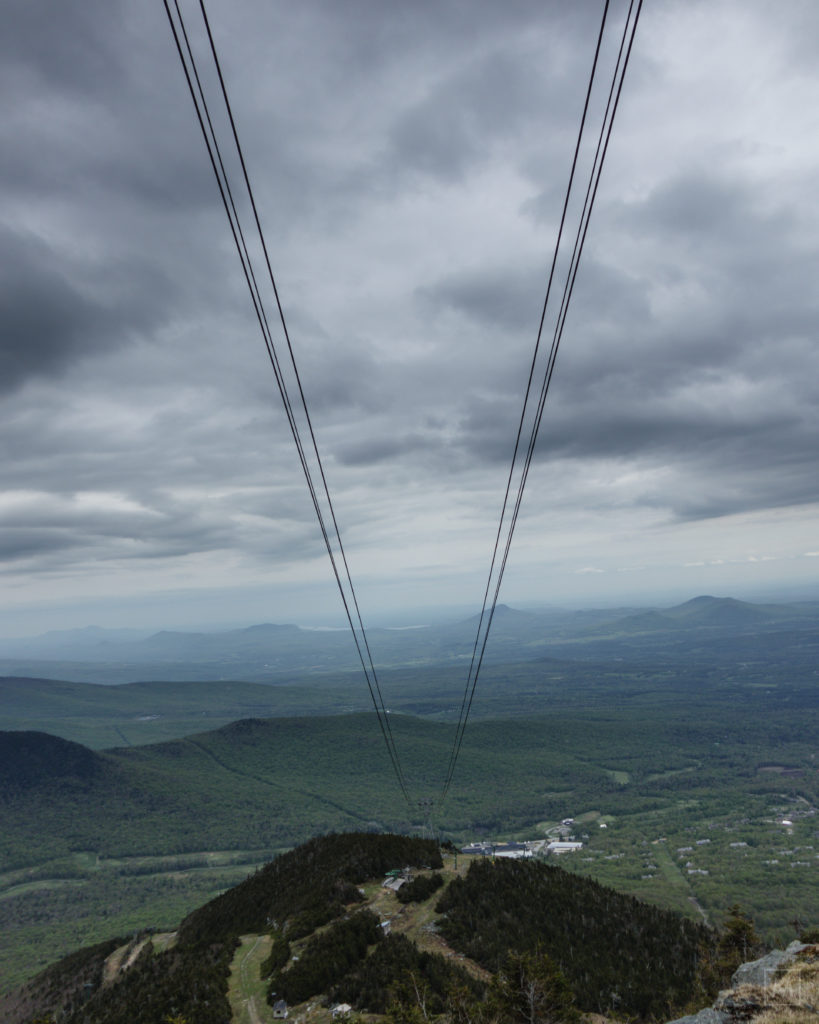
Milky Way
I worked a bit more on the images I captured Monday morning. I went through the process of stacking what I had captured, then stitching and attempting to hand color / balance the frames that were captured well into astronomical twilight – the time when the sun is starting to light the dome of the sky and everything changes so quickly…
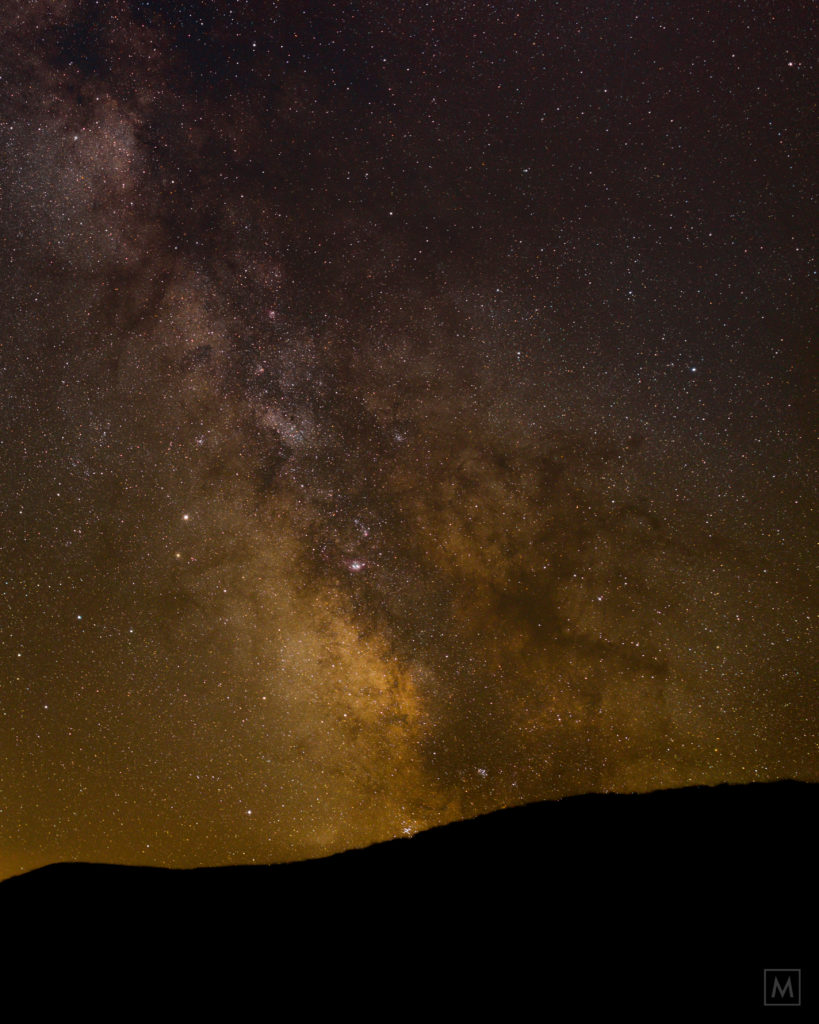
I learn so much by doing – so I need to keep doing, making, creating. And failing.
Imagine, Create, Fail, Learn, Repeat
Humbling, to capture the night sky. This whole process is a work in progress for me. So much going on, I need to backtrack and break it down one piece at a time. Stars move. It is dark, but there are shadows. Focus is hard to get right on pinpoint bits or light millions and millions of miles away. ISO, Aperture, tracking, alignment – so many moving pieces.
So much wrong, but so good to get out and give this a try. Couldn’t sleep last night, so I grabbed the camera and gear and went off to one of 2 sites I had in mind. Didn’t like #1 and went to this alternate. Not ideal, the core was behind the ridge, but relatively dark.
Tracking, panorama, changing light, moving stars, hard to process, and I saw a bear.
The color all over – light pollution, and then by the time I shot the last panel the sky was changing over to blue. Processed by the seat of my pants just to get it done and out of my system, so I can learn and move on to the next one.
The foreground is a blur as I was tracking and did not have time to shoot a static foreground – sky changed, I needed to get home to prep kids for school, and I was frozen.
Canon M6 with EF-M 22 on Vixen Polarie tracker, lined up via compass and through the eye hole.
90s exposures, 4 in each position hoping to stack them – but I haven’t done that yet.
I should have stepped down to 2.8 from 2.5 to control distortion at the edges of the lens. Next time.
And, next time I’ll use the RRS pano / nodal setup to make overlap and alignment easier. Eyeball overlap in the dark is really hard to get right – lots of wasted pixels this morning.
Imagine, create, fail, learn, repeat.
Its not a great astro image, but its mine, and it is another stepping stone.
Spring Panorama
Chasing Starlight – Leaping into the Void
I have been watching the moon and the weather for the past few days and hoped that last night would have been a good night to get some tracked shots of the Milky Way over Silver Lake in the Green Mountain National Forest, VT – I packed up gear, kissed the kids and wife goodnight and headed off to the lake. An hour drive, and then a hike in to what I had scouted via satellite maps.
There is always this leap thats required for me – from riding a 400k, to taking on a new bikepacking route, to a long sunrise hike… the leap happens in small steps, and then there is the moment the airlock seals and you are off on your own in the vastness of the world. For early morning / night hiking its the resounding sound of the car door slamming and echoing in the woods.
I bushwhacked via GPS to a rock outcropping that I scoped out on satellite maps – but the real world didn’t want to work as well as it looked on the maps. I backtracked and wandered back to a known location and got setup. While waiting for the Milky Way to rise I did some test shots with my Canon G7x2 to see how the point and shoot handled the night sky, then setup the Vixen Polarie and I used my RRS nodal / pano head for easier movement of my camera.
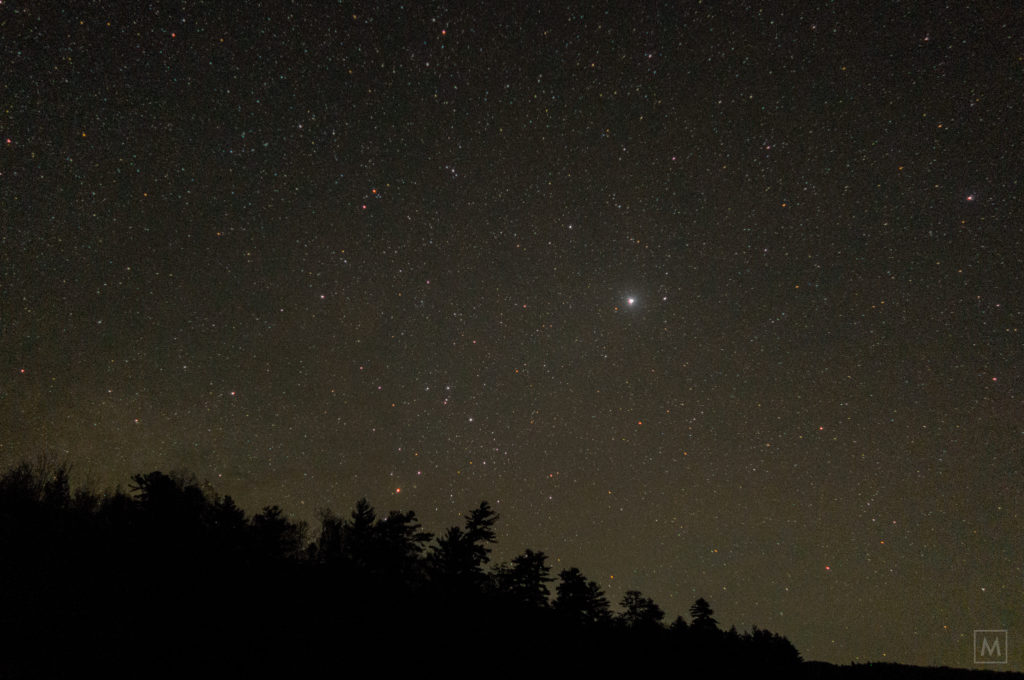
I did not have a clear view of Polaris – so I aligned via compass and latitude – then used an astronomy app to confirm I was in the ballpark, I took some test shots for focus and then did a few test shots for tracking.
This image is a stitch of 8 tracked shots that I took while waiting for the earth to rotate under the MW and get it aligned over the lake. As I was waiting it got dark – which is an odd thing to have happen at night – clouds rolled in and I waited for a bit and packed up and hiked out.
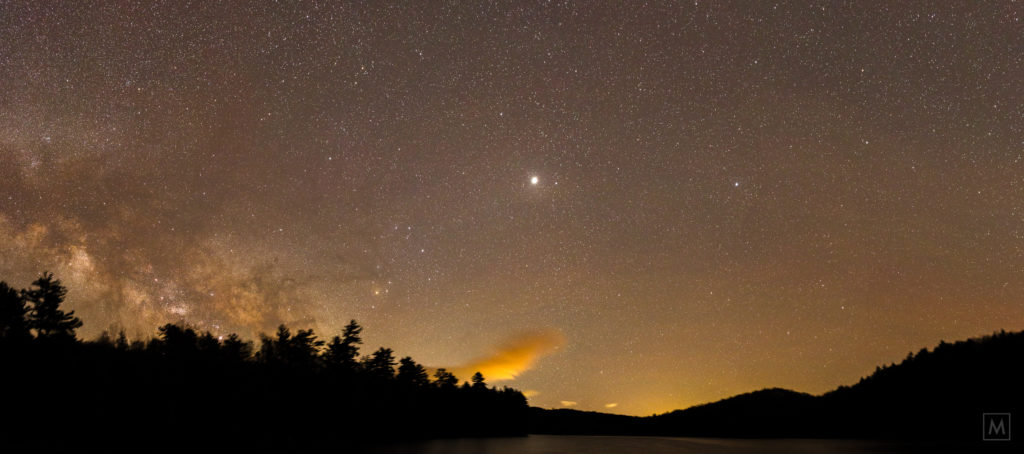
Tracking – which is made possible by a Vixen Polarie that rotates at the same rate as the stars relative to the Earth seems to have worked out OK – especially for essentially being blind by not having a clear line of sight, nor a polar scope. I’m happy with the result and I will likely shorten up the length of the exposure next time out, and maybe drop the ISO a bit and stack 4 frames from each shot in order to knock down the noise.
Imagine, Try, Fail, Learn, Repeat.
On the drive home I got clear of the clouds and stopped roadside to get a few static shots – it certainly wasn’t as scenic nor dark as at the lake – but I did get a consolation prize of a second image.
